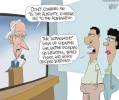Smash-hit musical ‘The Lion King’ roars into Las Vegas
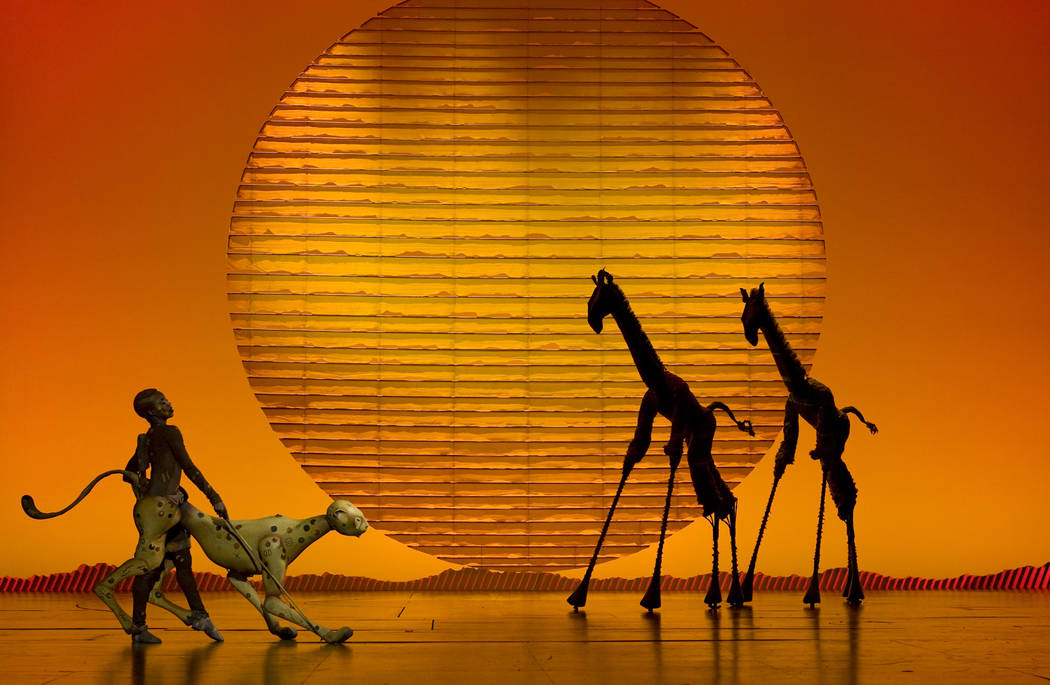
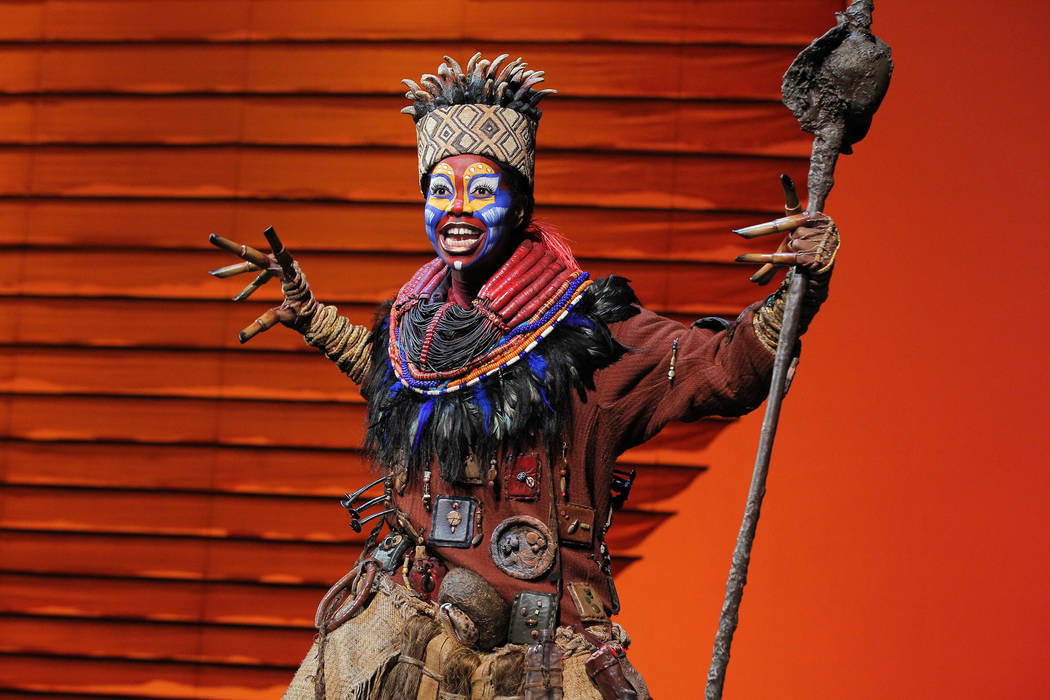
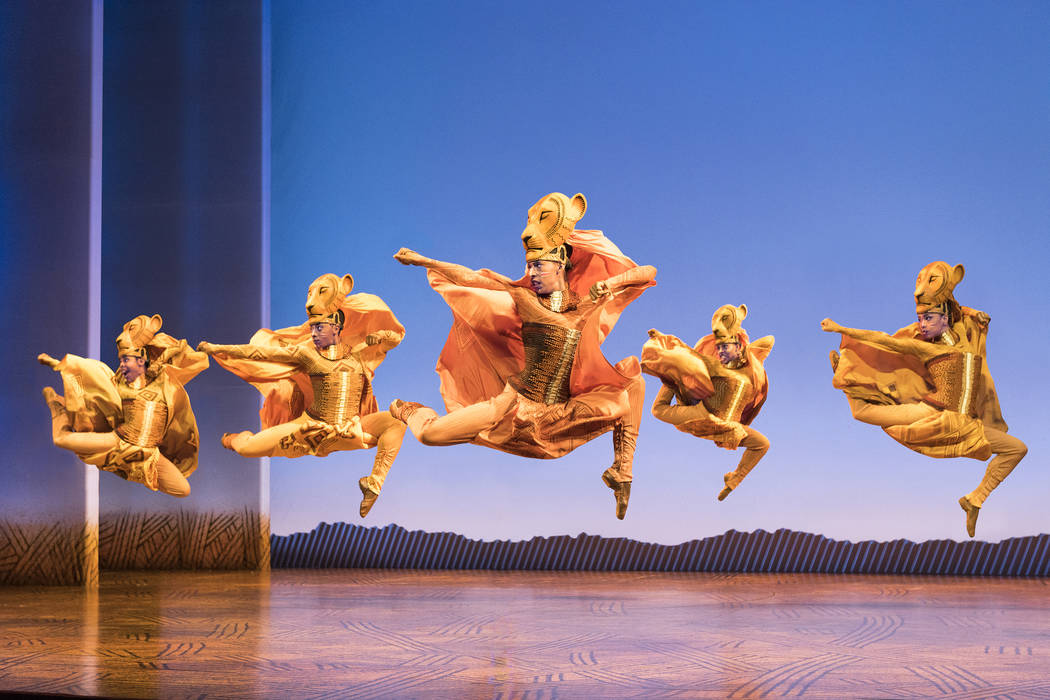
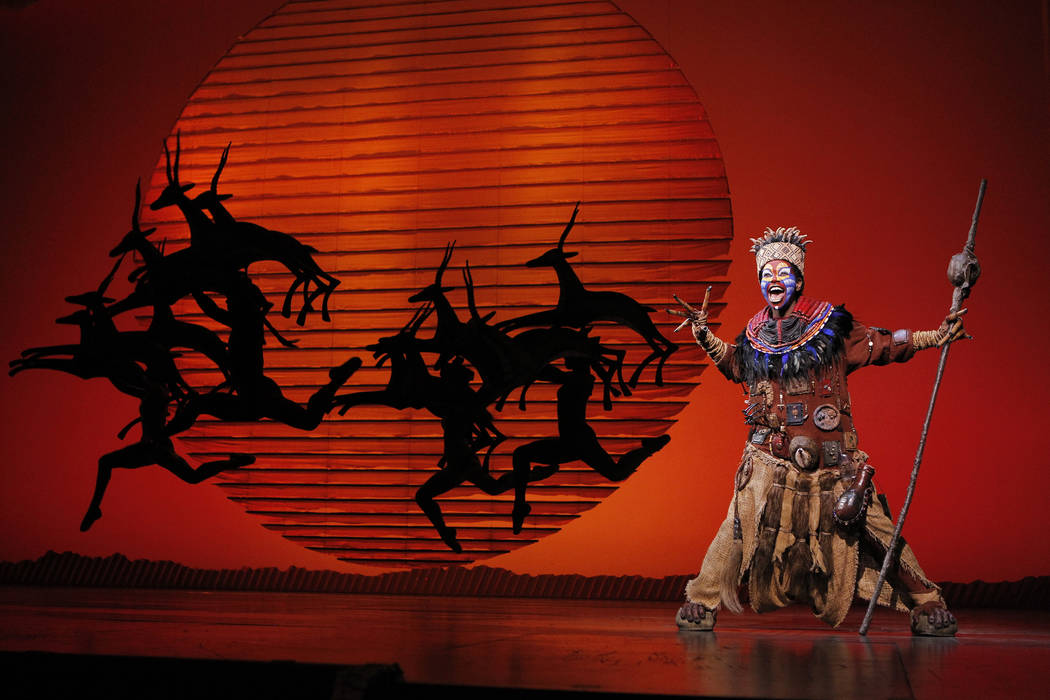
Rafiki’s been hitting the gym in Summerlin, getting back in fighting mandrill shape.
Actress Buyi Zama, who plays the aforementioned primate in the touring production of “The Lion King” musical hitting town soon, has been in Las Vegas since the spring, coming here to give birth.
She’s got strong local ties, having lived in Las Vegas during “The Lion King’s” May 2009-December 2011 run at Mandalay Bay, the production’s second-longest stay in any U.S. location outside of Broadway.
“I still think of Las Vegas as my home,” Zama says as she gets herself ready to return to stage, where she likes to
think of herself as an unofficial cultural ambassador for her native South Africa.
“I love that as far away from home as I am, I get to speak and sing my language onstage,” she says, her voice as warm as a favorite sweater. “The different languages and the different cultures, it makes people want to understand. You watch the show, you don’t know what I’m saying, but you follow it. It’s moving. It makes people emotional, and they don’t even know why.”
Ameenah Kaplan has a reason why.
“Rhythm is the universal language,” says Kaplan, the resident director of “The Lion King” production opening a 2½-week run at The Smith Center on Wednesday. “There’s a real universal story here, about honor, community, family and father-son relationships that will always transcend borders and languages, because it’s about the human experience, not about any one particular culture’s experience.”
Safari smash
Still, there’s no questioning the cultural-barrier-breaking bona fides of the 1994 animated film and ensuing musical. Since the latter debuted in 1997 with Tony Award-winning director Julie Taymor at the helm, it’s become the top-grossing stage production of all time, performing to an audience of more than 95 million worldwide with nine touring companies currently on the road.
It’s easy to take the success of “The Lion King” for granted nowadays, but it certainly wasn’t a given that something so heavily steeped in South African culture would become a global phenomenon.
To hear Kaplan tell it, though, Africa is in our DNA.
“The African cultural influence is no small part in this,” she says, “and the way that Ms. Taymor hung on to that as she dove into the theatrical production is a testament to how the music and the drumming and the singing from that continent somehow does resonate with us all.
“There’s a common denominator between us all, and maybe it is ancestral,” she continues, “which is very much what the ‘Lion King’ story is about, the ancestors living in you, whether they’re in front of you or if they’ve passed on.”
Percussion discussion
It’s also about those drums.
Percussion plays a central role in bringing “The Lion King” to life, with four percussionists total, two of whom perform in opera boxes or platforms at the side of the stage.
“That adds a really cool element. It’s live and direct. You really feel it,” says percussionist Stefan Monssen, who’s been touring with “The Lion King” since 2002. “The rhythm is really hitting you, not just through the speakers, but through the drum itself. That’s a very unique, special thing about the show.”
Monssen lived in Gambia for a number of years in the ’90s as he learned to master the djembe drum and more.
“It’s not just the drum; it’s the whole culture that surrounds the drum,” he explains. “The drums that I studied over there, it’s a way of life.”
‘Something special’
Like Monssen, Zama has been on the road with “The Lion King” for more than a decade and a half, though she laughs when recalling the early auditions that landed her the part.
“I thought they were wrong,” she says. “When I started rehearsing, I thought, ‘What is it about me that they think I can do? I don’t know what this is.’ But then I thought that it was my African-ness. It was my culture. It was those things that I needed to bring in. So I tapped into those.”
Zama has grown into the role, she says, identifying with her character on a more personal level.
“I have new things that I find about the part,” she explains. “Rafiki is a wiser, older person, and I feel like I’m becoming more like her in some ways. After 16 years, we’re best friends, Rafiki and I.”
The two do differ in one respect, however.
Touring can be a grind for the former.
For the latter? Not so much.
“We travel a lot, and sometimes you can be tired. But once you walk on to that stage …” Zama says, her voice trailing off before brightening suddenly. “Right after I put my makeup on, I know I’m about to do something special.”
Contact Jason Bracelin at jbracelin@reviewjournal.com or 702-383-0476. Follow @JasonBracelin on Twitter.





